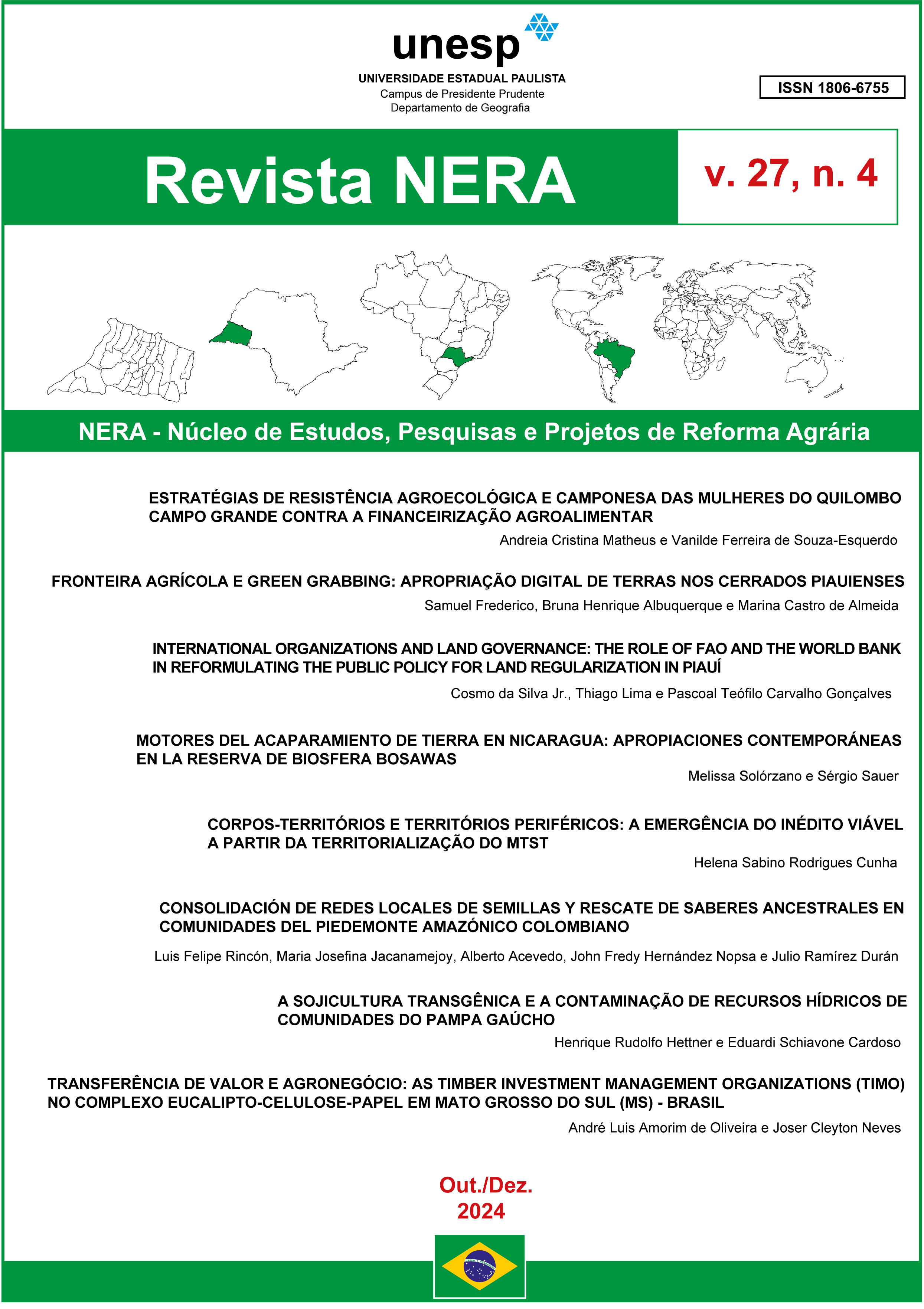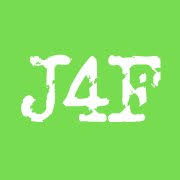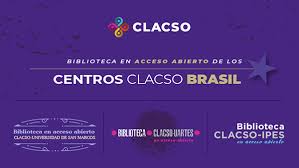International organizations and land governance: the role of FAO and the World Bank in reformulating the Public Policy for Land Regularization in Piauí / Organizações internacionais e governança da terra: o papel da FAO e do Banco Mundial na reformulação da Política Pública de Regularização Fundiária do Piauí / Organismos internacionales y gobernanza de la tierra: el papel de la FAO y el Banco Mundial en la reformulación de la Política Pública de Regularización de Tierras en Piauí
DOI :
https://doi.org/10.47946/rnera.v27i4.10258Mots-clés :
Market agrarian reform, Voluntary Guidelines on Land Governance, Land grabbingRésumé
The state of Piauí is on the MATOPIBA agricultural frontier, made official by federal decree 8447/2015, and is a hub for attracting investment. To support the initiative, in 2015 the Piauí state government passed Law No. 6709/2015 for land regularization and in 2016 a loan from the World Bank (WB). However, several problems related to land grabbing deepened, leading to the blocking of rural property transactions in 2017. The situation was overcome with the approval of State Law 7.294/2019, supported by the United Nations Voluntary Guidelines on Land Governance (VGGT). This article aims to analyze the role of International Organizations (IOs) in the land conflict in Piauí, particularly in changing the state's land policy. Interviews, documents, relevant legislation and media reports were used as sources of data and analyzed in light of the literature on the role of IOs in public policy. The research demonstrates the contribution of IOs together with civil society organizations, the Federal Public Prosecutor's Office and the government of the state of Piauí in resolving the impasse and changing land policy.
Téléchargements
Téléchargements
Publiée
Comment citer
Numéro
Rubrique
Licence
© REVISTA NERA 2024

Ce travail est disponible sous la licence Creative Commons Attribution 4.0 International .
Os artigos publicados na Revista NERA devem seguir, obrigatoriamente, as diretrizes sobre ética e integridade na prática científica do Conselho Nacional de Desenvolvimento Científico e Tecnológico (CNPQ), disponíveis em seu sitio na internet (http://memoria.cnpq.br/normas/lei_po_085_11.htm). Em caso de infração às referidas diretrizes por qualquer texto publicado, o artigo será formalmente retirado de publicação, conforme a prática da comunidade científica internacional. A submissão de qualquer texto à Revista NERA implica na aceitação plena deste procedimento. As ideias e conceitos emitidos nos artigos são de inteira responsabilidade dos autores. Reforçamos que após a publicação do artigo o mesmo não será despublicado caso haja solicitação por parte dos(as) autores(as).
Lembramos que todos os manuscritos submetidos à Revista NERA são vereficados no software de similaridade "iThenticate". Os manuscritos com plágio verificado são automaticamente negados e os(as) autores(as) comunicados.
A licença utilizada pela Revista NERA é Creative Commons - Atribuição 4.0 Internacional (CCBY 4.0).
A política de arquivamento é a Licença LOCKSS.



















